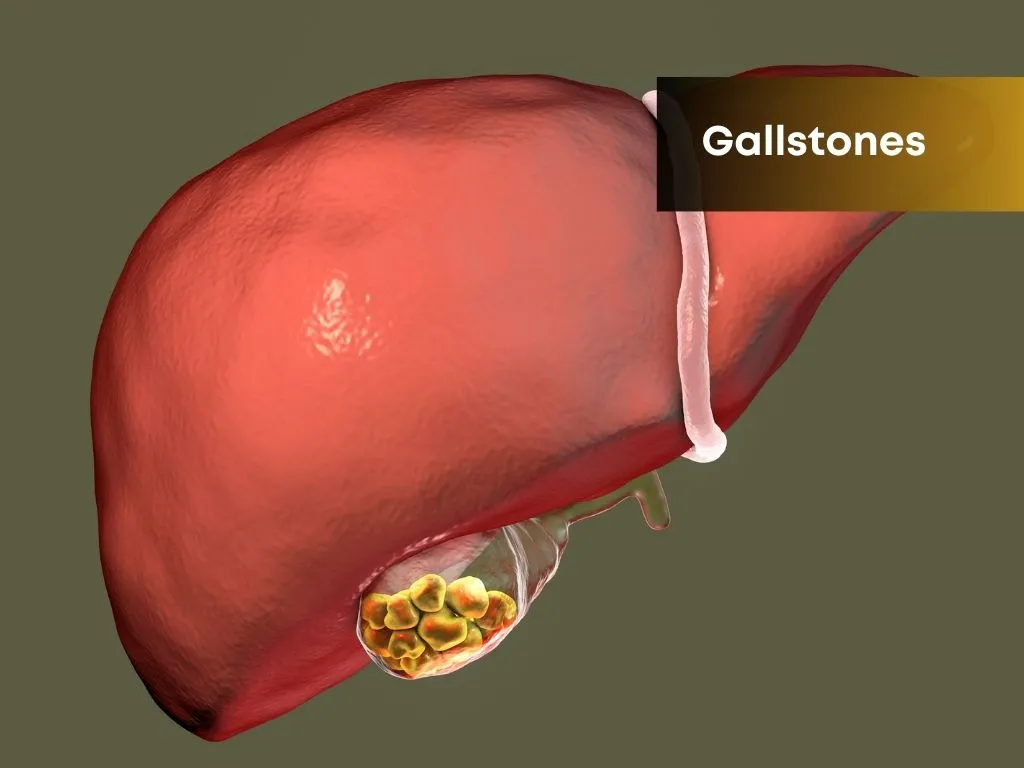Peptic ulcer
-
 Nalamaree Team
Nalamaree Team
- 24 September 2025
Overview
A peptic ulcer is a sore or lesion that forms on the lining of the stomach (gastric ulcer), the first part of the small intestine (duodenal ulcer), or sometimes in the esophagus.
These ulcers develop when the protective lining of the stomach or duodenum is damaged, allowing stomach acid and digestive juices to irritate the sensitive tissues underneath.
Causes
The primary causes of peptic ulcers are:
Other factors that can contribute to the development of peptic ulcers include:
Symptoms
Treatment: Modern Medicine
Treatment: Traditional Medicine
Caution





















.jpg.webp)
